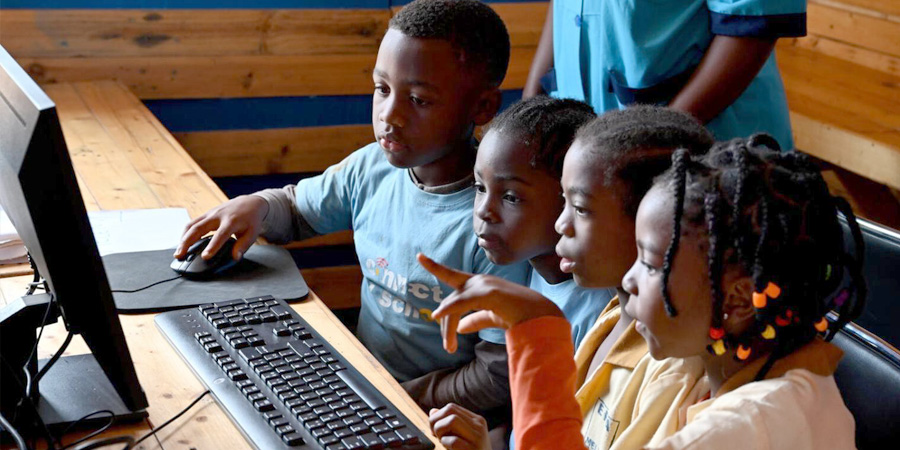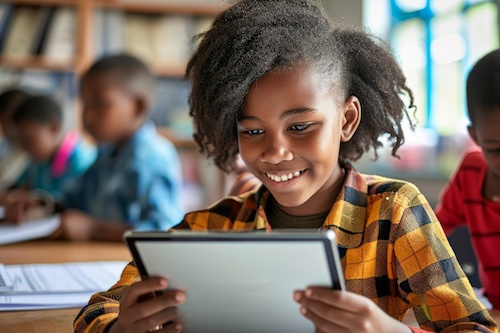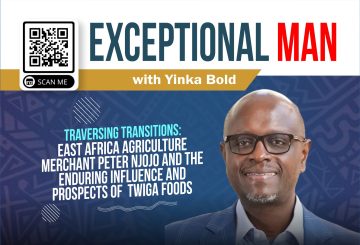As the world marks International Literacy Day 2024, attention is shifting toward the challenges and opportunities in bridging the literacy gap, particularly in Africa. Despite significant strides in education, millions of children and adults in Africa remain illiterate, a problem exacerbated by the lingering effects of the COVID-19 pandemic, poverty, and inadequate access to learning resources.
One of the most promising solutions to this problem is digital learning. With the rapid expansion of mobile technology and internet access, digital learning platforms are transforming how education is delivered across the continent. These platforms provide unprecedented access to quality educational content, even in the most remote areas, offering new hope for millions who have been left behind by traditional systems.
The Role of Mobile Technology
In countries like Nigeria, Kenya, and South Africa, mobile technology has become a game-changer in literacy development. Mobile phones, which are more widespread than computers, allow students and educators to access e-learning platforms, mobile applications, and educational games that promote literacy skills. For many children who cannot attend school due to geographical or financial constraints, mobile technology offers a lifeline.
Organizations such as Eneza Education and Ustad Mobile are using SMS-based learning tools to deliver lessons directly to students’ phones. These platforms have shown that even basic mobile phones can be powerful tools for teaching literacy and numeracy, making education accessible to marginalized populations.
Challenges to Digital Learning Adoption
While the potential of digital learning is undeniable, challenges remain. Many parts of Africa still suffer from poor internet connectivity, high data costs, and a lack of digital infrastructure. Additionally, the digital divide between urban and rural areas continues to widen, leaving millions of children and adults without access to these technologies.
Addressing these barriers requires a multi-pronged approach. Governments, private companies, and NGOs need to collaborate on providing affordable internet access, digital devices, and localized content in native languages to ensure that digital learning solutions are inclusive and effective.
Innovative Approaches in Digital Education

One of the most successful initiatives in Africa is the use of localized, culturally relevant content. Digital learning platforms like African Storybook Project and Ubongo Kids are creating content that reflects the lives, cultures, and languages of African students. This not only makes learning more engaging but also helps preserve indigenous languages and traditions while improving literacy.
Moreover, digital learning platforms are leveraging artificial intelligence (AI) and machine learning to offer personalized education. These tools can adapt to each student’s learning pace and style, making education more effective and tailored to individual needs.
The Future of Literacy in Africa
As we celebrate International Literacy Day 2024, it is clear that digital learning has the potential to reshape the future of education in Africa. However, success will depend on the concerted efforts of governments, educators, and technology providers to ensure that these tools reach those who need them most.
Don’t miss: Fairly Used Gods for Sale, Hurry While Stock Lasts
By addressing the existing barriers and investing in sustainable digital learning solutions, Africa can make significant strides in closing the literacy gap. It is not just about teaching people to read and write; it is about empowering them with the knowledge and skills needed to thrive in a rapidly evolving world.





